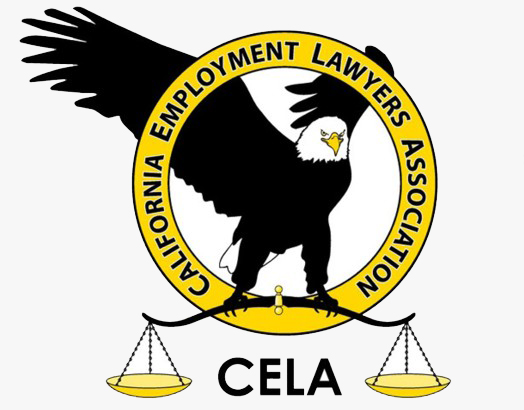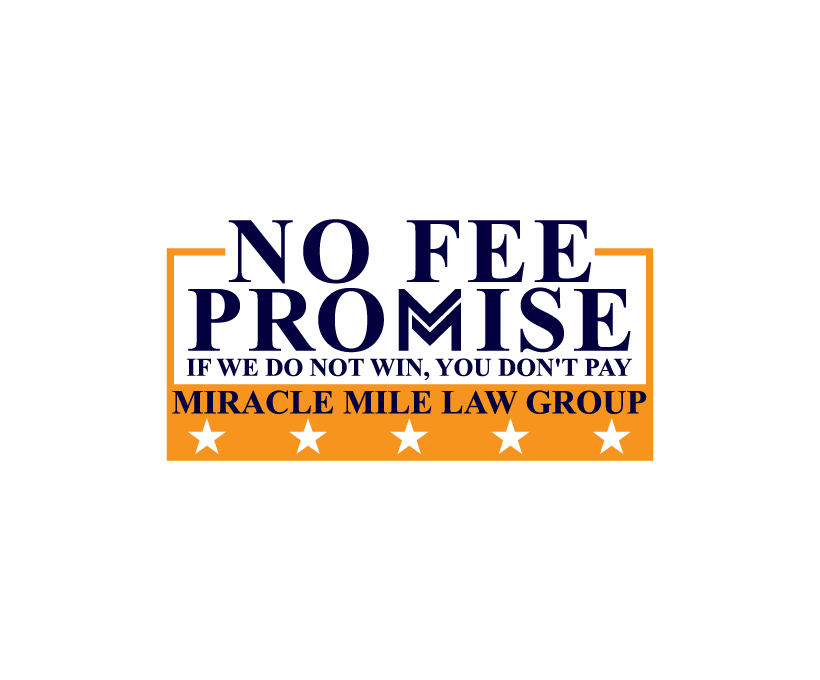Riverside Sexual Harassment Attorney
This is personal for us. We know the difference between right and wrong and have based our entire careers on reminding others of that distinction.

Top-Rated Riverside Sexual Harassment Lawyers
There are federal and state laws that govern sexual harassment in the workplace. The primary federal sexual harassment law is Title VII of the Civil Rights Act of 1964. The primary California sexual harassment law is the California Fair Employment and Housing Act (FEHA). There are key differences. The California FEHA applies to employees of any size while Title VII applies to employers with 15 or more employees. Generally, the California FEHA provides more protection than the Civil Rights Act of 1964.
Examples of sexual harassment include:
- Any unwanted physical contact
- Requests for sexual favors
- Comments that are sexually offensive or derogatory
- Improper propositions such as repeatedly asking an employee for a date even though the employee has repeatedly said no

Title VII of the Civil Rights Act of 1964
This law protects employees from different types of employment discrimination including discrimination based on a person’s sex. Sexual harassment is a type of sex discrimination. Sexual harassment, according to Title VII, includes requests for sexual favors or verbal or physical conduct of a sexual nature – provided that the employees “submission to or rejection of this conduct explicitly or implicitly affects an individual’s employment, unreasonably interferes with an individual’s work performance or creates an intimidating, hostile or offensive work environment.”
Sexual harassment can occur under the following situations:
- The harassing person can be:
- A supervisor of the victim
- An agent of the employer
- A “supervisor in another area”
- Another co-worker
- A non-employee
- Both women and men can be sexual harassment victims. A victim can be of the same sex as the harasser
- The victim does not have to be the person harassed but could be anyone affected by the offensive conduct”
- Illegal sexual harassment may occur even though the victim doesn’t suffer financial harm
- The conduct of the harasser must be unwelcome
Victims should use “use any employer complaint mechanism or grievance system available.” The Equal Employment Opportunity Commission (EEOC) has the authority to monitor the Civil Rights Act. The EEO will review the nature of the sexual advances, the “context in which the alleged incidents occurred” and all relevant factors when conducting its investigation.
Employers have a duty to make clear to employees that sexual harassment isn’t allowed. They should create a grievance process and respond quickly when there is a complaint.
The remedies for sexual harassment based on Title VII are those set forth in our Riverside discrimination page including job reinstatement, lost wages and benefits, legal fees, statutory damages, and punitive damages.
Sexual harassment and California Fair Employment and Housing Act (FEHA).
The California FEHA has two categories of sexual harassment – quid pro quo harassment and hostile work environment harassment.
Quid Pro Quo Harassment. This type of sexual harassment happens when a supervisor (either directly or impliedly) requires that an employee submit to sexual advances or suffer (or be threatened to suffer) an adverse employment activity – such as a firing, not being promoted, or a bad review. The harasser must be a supervisor or someone who controls the employment fate of the employee. The sexual advances must be unwanted. The manager must indicate (by words or actions) that a positive employment result will occur if the advances are met. The employee must be harmed by not accepting the advances.
Positive employment results include a promotion, better working hours or conditions, a good assignment, a raise, being hired, or not being fired.
Hostile Work Environment Harassment. Any employee (including but not limited to supervisors) can create a hostile work environment. The conduct doesn’t have to include a threat of an adverse employment result. The conduct by an employee, boss, manager, or other person covered by the California FEHA must be intimidating, offensive, or hostile – to a reasonable person.
Examples include posting photos online or sending emails that make working for the employer uncomfortable. Sexual harassment based on a hostile work environment requires that:
- The offensive conduct is based on the employee’s sex. It doesn’t have to be sexual. It does have to be conduct based on a person’s sex or gender. The person filing the complaint doesn’t have to be the target of the conduct. If you witness another employee suffering offensive conduct based on their sex, you may have a sexual harassment claim.
- The offensive conduct has to be unwelcome. Unwelcome doesn’t mean the same as nonconsensual. Some people may consent (because they feel they have no choice) even though they find the conduct unwelcome. What’s unwelcome can vary from person to person.
- The conduct must be offensive to a reasonable person. Employers are likely not subject to a sexual harassment lawsuit if most people (of either sex) wouldn’t find the conduct objectionable.
- The conduct must be “severe” or “pervasive” enough to create a hostile work environment. One act, such as a sexual assault, may be severe enough. In many cases, repeatedly telling lewd stories or offensive jokes is required.
Sexual harassment and employer training.
California’s FEHA law requires that employers with 50 or more employees must provide two hours of sexual harassment training every two years – to supervisory employees. There are additional time limits of when new supervisors must be trained. Other California sexual harassment and sexual abuse training requirements also apply.
Governor Newsom signed AB 9 into law which extends the time for filing a sexual harassment lawsuit. Don’t delay though. You have the right to stop the sexual harassment, to work in a non-hostile environment, and seek damages for sexual harassment – Now.
What compensation are you entitled to if a Riverside employer sexually harasses you?
Our Riverside sexual harassment lawyers demand all the compensation that federal or state law permits. Damages generally include:
- Lost compensation including any lost wages or benefits. This sum includes any past or future losses
- Payment for the emotional pain and suffering the victim suffered if permitted by the federal or state law
- Punitive damages are designed to punish the employer for the wrongful conduct and prevent future acts of sexual harassment
- Attorney’s fees for pursuing the sexual harassment case on the victim’s behalf
- Reinstatement to the job if the victim was fired and/or reinstatement to a promotion if the employee was entitled to promotion if the sexual harassment hadn’t occurred
Sexual harassment in the workplace is inexcusable. Employers who participate in or tolerate sexual harassment must be held accountable. To discuss any Riverside sexual harassment case, call the Miracle Mile Law Group today. You can reach us at (888) 244-0706 or contact us online for a FREE case evaluation.
Contact our Riverside Sexual Harassment Law Attorneys to Fight for You
We understand sexual harassment can be both intimidating and difficult to speak about. Our consultation is here to protect you, provide you a free legal consultation that is both confidential and comes with no obligation. Speak to our Riverside sexual harassment attorneys today to get started on your case.




